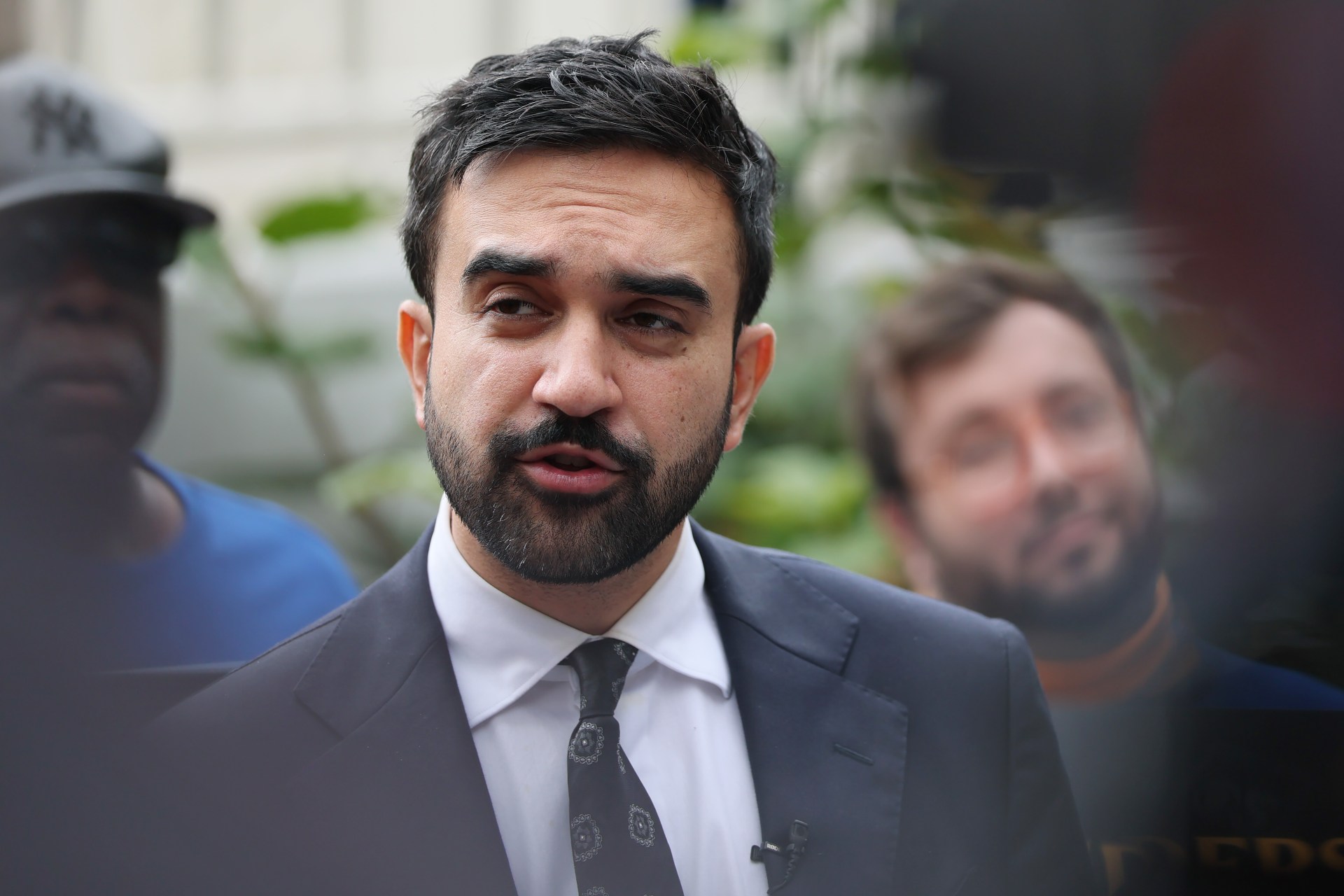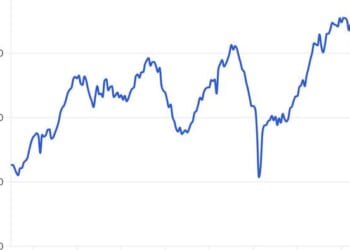Maybe, after several years of covering American politics, I’m just jaded. It takes a lot for a candidate to pique my interest or make me sit up in my chair. I feel like I’ve seen it all: the kinder, gentler conservative, the gun-toting progressive, the Republican willing to call out their own side for being too right-wing—or maybe not right-wing enough, the Democrat who promises to move their party to the left, or to the center, or (somehow) both.
So color me unimpressed when a candidate like Graham Platner pops up and takes the political media by storm. An oysterman and Marine Corps veteran, Platner is running for the Democratic nomination for Maine’s Senate seat, and he’s getting lots of attention for all the ways he doesn’t look like the modern Democratic Party even as he espouses its progressive principles.
He’s a manly man, with a thick beard and tattoos and deep, gruff voice. Platner prefers his shirts wrinkled and henley over starched and button-up. He looks like the kind of guy who’d have voted for Donald Trump, in other words, so perhaps he could be the Democrats’ bridge to winning back those types of voters.
Except Platner’s a pretty down-the-line progressive. He’s been endorsed by everyone’s favorite socialist grandpa, Sen. Bernie Sanders. And his lefty populist message concentrates on criticizing the “oligarchy” and the political establishment. Platner is the kind of candidate who talks about the need to build “schools and hospitals in America, not bombs to destroy them in Gaza.”
Perhaps Platner is the answer to Democrats’ prayers in rural white America, a true-blue progressive who speaks the language of the white working class that Republicans have completely owned in the Donald Trump era. Maybe next year Platner will not only defeat his primary challenger, Gov. Janet Mills, but he will go on to finally topple the tenacious moderate Republican, Sen. Susan Collins.
But if Platner doesn’t win, his most viral video so far may be instructive. Released by his campaign last week, the video shows Platner taking a question from someone who asks what he will do about illegal immigrants who receive free government benefits. After a few of his supporters try to shout her down, Platner calmly tells the audience that it’s not okay to dismiss this woman’s concerns, before delivering a fairly condescending assessment of why people like this voter might be asking questions like that.
“People are propagandized, people are misinformed, but people are not stupid, and we shouldn’t treat them as such,” Platner says. “People are being robbed. They’re being robbed of their critical thinking. They’re being robbed of their empathy.”
His conclusion: “The answer to that is not shame. The answer to that is not anger. The answer to that is empathy and compassion.”
Or how about an answer to the actual question? At no point in the video (which has over 2.6 million views on X and over 260,000 likes on Instagram) does Platner actually respond to her concerns, though perhaps his substantive answer was edited out.
Regardless, I have lost patience with this sort of political legerdemain, particularly as we learn from CNN’s Andrew Kaczynski that Platner’s own postings online from a few short years ago belie a less compassionate view of rural, Trump-supporting Americans than he lets on today. It suggests he’s less of a wedge that could disrupt the other side’s coalition and more of a novel affirmation of his own side’s prejudices against their fellow countrymen.
Top Stories From the Dispatch Politics Team
Just last week, as multiple news outlets reported, Bondi and her deputy, Todd Blanche, were “caught off guard” by the indictment of New York Attorney General Letitia James on charges of bank fraud and making false statements to a financial institution. Though these senior DOJ leaders were expecting the indictment at some point, the newly installed acting U.S. attorney who brought the case, Lindsey Halligan, did not inform her superiors before presenting her case to a grand jury. The episode was only the latest example of Bondi being made to look like a mere apparatchik or even a redundant part of the Justice Department.
Eight years ago, Republicans approached the midterm elections with dread. Trump’s unorthodox style and polarizing rhetoric shocked voters, fueling early and sustained dissatisfaction with his leadership that carried Democrats to a takeover of the House of Representatives on Election Day 2018 despite a booming economy. This time around, he’s not just communicating controversially, but governing as such: deploying military troops domestically, ignoring congressional spending directives, siccing the Justice Department on political foes, conducting mass deportations, threatening First Amendment rights—the list goes on. Yet Republicans aren’t worried.
A good starting point for understanding why trade is beneficial is that countries don’t trade with countries. People in different places trade with other people, and that’s an important distinction. When governments restrict trade, it means that they limit people’s freedom to buy what they need and their freedom to produce what they’re best at producing. Global trade means millions of people buying what they want, from whoever produced it, to satisfy their needs. And the concept of comparative advantage explains why expanding the freedom to buy from people all over the world makes people better off.
On Wednesday evening, the Republican-controlled Senate rejected a resolution to stop President Donald Trump and his administration from conducting military strikes on suspected drug-carrying boats in the Caribbean Sea. But the resolution’s failure does not mean GOP senators are ready to fully support the fatal attacks. Since the White House began targeting the small vessels, which it alleges are being used by South American gangs to smuggle drugs into the United States, questions have arisen from both Democrats and Republicans about the legal and ethical basis of the strikes, not to mention whether the U.S. has sufficient intelligence to justify them. Earlier this year, the administration designated the drug cartels as foreign terrorist organizations, and more recently has argued that they are enemy combatants with whom the U.S. is in a “noninternational armed conflict,” meaning a conflict with nonstate actors.
Zohran Mamdani is the 33-year-old Democratic nominee and leading candidate in next month’s New York mayoral election. Unlike his top rival, former Gov. Andrew Cuomo, Mamdani is an energetic campaigner, appearing daily across the city to pitch his progressive agenda as Election Day approaches. On Monday, October 6, Mamdani was in Queens to tout a new “savings” calculator on his campaign website to show how his proposals for a rent freeze and free childcare would help New York citizens. And on Wednesday, October 8, he appeared at a forum in Manhattan with other mayoral candidates before riding the “slowest bus in New York” across Midtown and holding an event to herald his plan to offer “fast and free” bus service. But on the eve of the two-year anniversary of the Hamas-led terrorist attacks in southern Israel that killed more than 1,000 Israelis and saw the capture of hundreds of hostages, Mamdani’s schedule for the following day was, unusually, not emailed to the press.
Enjoying our Dispatch Politics Roundup? Consider forwarding this article to someone you know who likes independent, fact-based journalism.






















